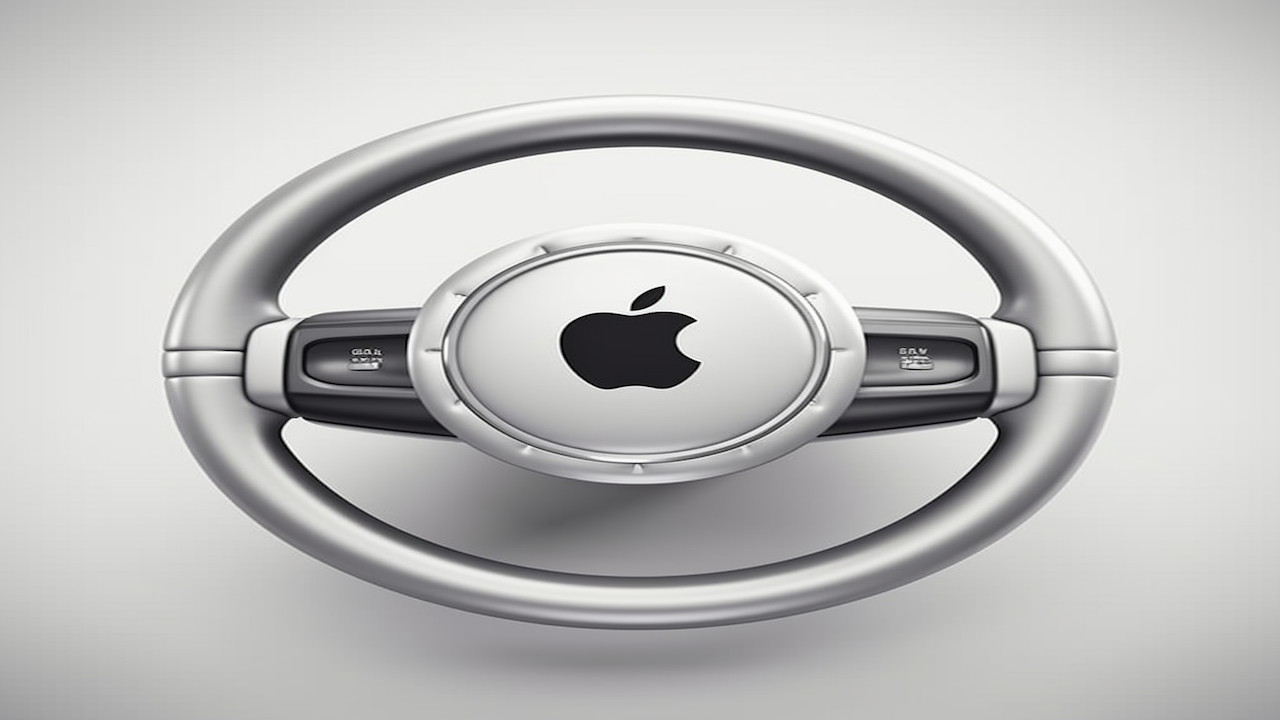A former member of Apple’s team, Weibao Wang, has been officially indicted on charges of trade secret theft. He is accused of siphoning off critical information relating to the Apple Car project and passing it to China, according to CNBC. The indictment, issued by the United States Department of Justice, charges Wang with six counts of trade secret theft, suggesting he was covertly accessing Apple Car data from 2016 through to 2018.
On the inside: A breach of trust
During his tenure at Apple, Wang was part of the Annotation Team, tasked with developing algorithms to speed up the process of annotating real-world objects. This role afforded him “broad access” to databases containing project-specific information, a privilege enjoyed by only a small fraction of Apple’s substantial workforce.
Despite signing confidentiality and Intellectual Property Agreements and undergoing training on the severity of data theft, Wang is alleged to have downloaded Apple’s “entire autonomy source code” in 2016. Further accusations suggest that he pilfered more information on autonomous systems and hardware shortly before his resignation in 2018.
Down the rabbit hole: The fallout
When Wang left Apple, he didn’t disclose his future plans. However, it later emerged that he had taken up a position at the US subsidiary of a Chinese company focused on developing autonomous driving technology. Following an internal review of data access logs in May 2018, Apple noticed that Wang had accessed sensitive information just before his departure and promptly alerted the Department of Justice.
The DoJ’s subsequent search of Wang’s residence led to him purchasing a one-way ticket to Guangzhou, China. Once in China, the full extent of the alleged theft was revealed. A warrant has been issued for Wang’s arrest, and if he’s extradited and convicted, he could face up to 60 years in prison.
Interestingly, Wang isn’t the first Apple employee to be accused of such actions. In fact, he’s the third. Last year, Xiaolang Zhang, another former Apple employee, pled guilty to theft of trade secrets as part of a plea deal. Similarly, he had also attempted to flee the country but was apprehended. A third accused, Jizhong Chen, has pled not guilty.
This series of events raises serious questions about corporate espionage and intellectual property protection. We are interested in hearing your thoughts. Do you think these incidents represent isolated cases, or is there a larger issue at hand? Share your perspectives in the comments section below.













